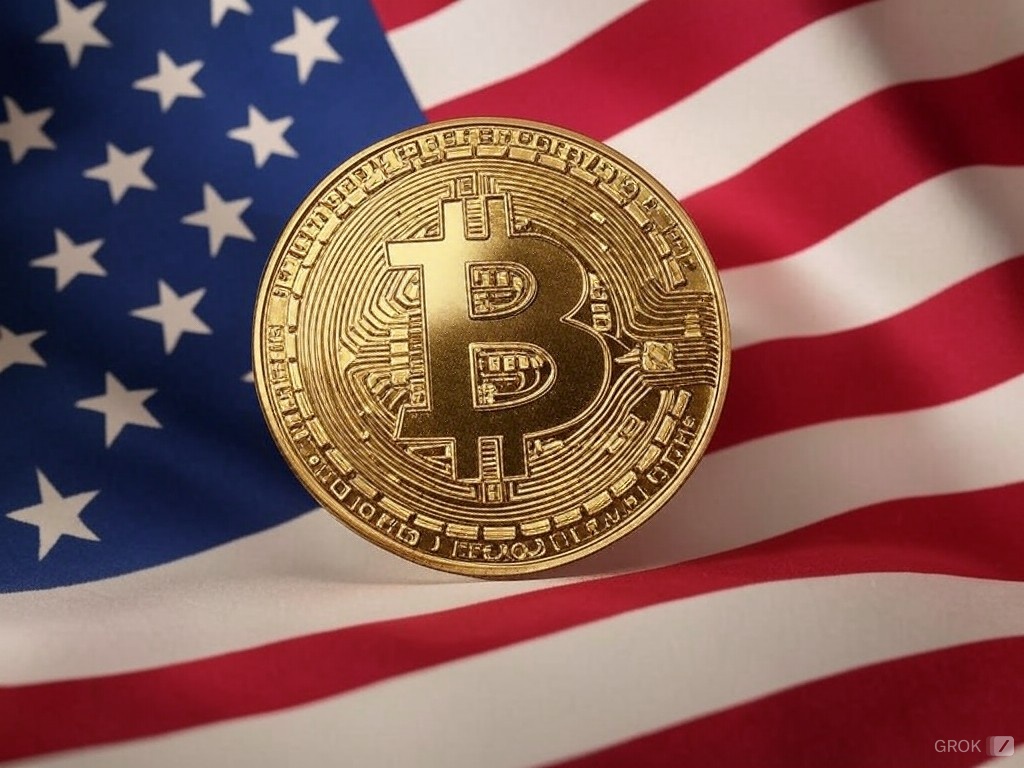
A U.S. banking regulator advised financial institutions to pause direct involvement in cryptocurrency activities in 2022 and 2023 but did not mandate them to sever ties with crypto companies entirely, contrary to claims of widespread “debanking” by the industry. This information came to light through documents released on Friday following a legal battle.
The Federal Deposit Insurance Corporation (FDIC) was compelled to disclose these supervisory “pause letters” after a lawsuit by History Associates Incorporated, a research firm hired by crypto exchange Coinbase. The letters had been partially redacted when initially released in December, but a judge ordered the FDIC to provide revised versions with fewer redactions.
According to Reuters, the new batch of 25 letters includes two additional documents not present in the original release. Together, they offer a rare glimpse into the confidential supervisory process for banks and highlight the cautious stance regulators have taken toward the volatile crypto sector, which has faced issues like scams, bankruptcies, and market instability.
Coinbase has been leading a campaign to uncover what it alleges is a coordinated effort by U.S. banking supervisors to exclude crypto companies from the traditional financial system. Paul Grewal, Coinbase’s Chief Legal Officer, described the letters in a post on social media as evidence of a “coordinated effort to stop a wide variety of crypto activity.” He called for Congress to investigate further.
In response to such claims, the FDIC released an internal 2022 memo detailing its approach to supervising banks involved in crypto activities. The memo underscores the distinction between banks directly engaging in cryptocurrency, such as custody services, and providing traditional banking services like loans and deposit accounts to crypto-related clients.
It is worth noting that the FDIC memo highlights the heightened scrutiny required for banks engaging directly in crypto activities, citing risks to safety, soundness, and consumer protection. It notes that these risks are “evolving” and require careful monitoring. However, the agency maintains that offering banking services to crypto firms does not equate to a blanket prohibition.
In December, FDIC Chairman Martin Gruenberg emphasized the agency’s position, stating that it does not advocate for “debanking” crypto firms. Instead, it focuses on ensuring banks remain cautious about direct crypto involvement.
The release of these documents comes as the incoming administration of President-elect Donald Trump is expected to announce significant policy changes for the crypto sector. Reports suggest an executive order may soon direct bank regulators to take a more lenient approach toward the industry.
Some of the FDIC’s letters directed banks to pause crypto-related initiatives or halt expansion of services to crypto clients until further assessments were completed. Others required banks to provide detailed responses about their planned crypto activities before moving forward.
The unfolding situation reflects the broader tension between the rapidly evolving cryptocurrency sector and the regulatory framework trying to keep pace. Whether the anticipated policy shifts will ease this tension remains to be seen.








